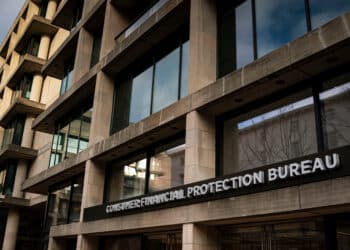SCUSA to pay $9.35 Million to Resolve DOJ Lawsuit

The original lawsuit alleged that Santander initiated and completed 760 repossessions — without court orders — of motor vehicles owned by SCRA-protected service members.
“By failing to obtain court orders before repossessing motor vehicles owned by protected service members, Santander prevented service members from obtaining a court’s review of whether their repossessions should be delayed or adjusted in light of their military service,” according to the release.
In addition, the lawsuit alleged that Santander sought to collect fees arising from an additional 352 repossessions, which unrelated auto lenders had conducted — also in violation of the SCRA — before Santander acquired the loans. The final settlement covers the allegedly improper repo of 1,112 motor vehicles between January 2008 and February 2013. The proposed consent order represents the largest settlement for illegal automobile repossessions ever obtained by the United States under the SCRA.
“This is a just resolution that will provide service members with financial relief and help repair their bad credit caused by Santander’s improper repossessions and fee collections with respect to more than 1,100 cars,” said Acting Associate Attorney General Stuart Delery. “The Department of Justice will continue devoting time and resources to protect our service members and their families from such unjust actions and hold bad actors accountable.”
Under the agreement, Santander is required to repair the credit and pay $10,000 plus compensation for any lost equity (with interest) to affected service members. For future repossessions, the settlement requires Santander to check the Defense Department’s automated database to see if the owner of cars assigned for repossession are in active military service.
Affected service members identified during the investigation will be contacted by an independent settlement administrator later this year, according to the DOJ. Santander is also required to conduct a review and provide compensation for any additional unlawful repossessions that may have occurred since February 2013.
The complaint and the settlement, which is subject to court approval, were filed today in the U.S. District Court for the Northern District of Texas.













